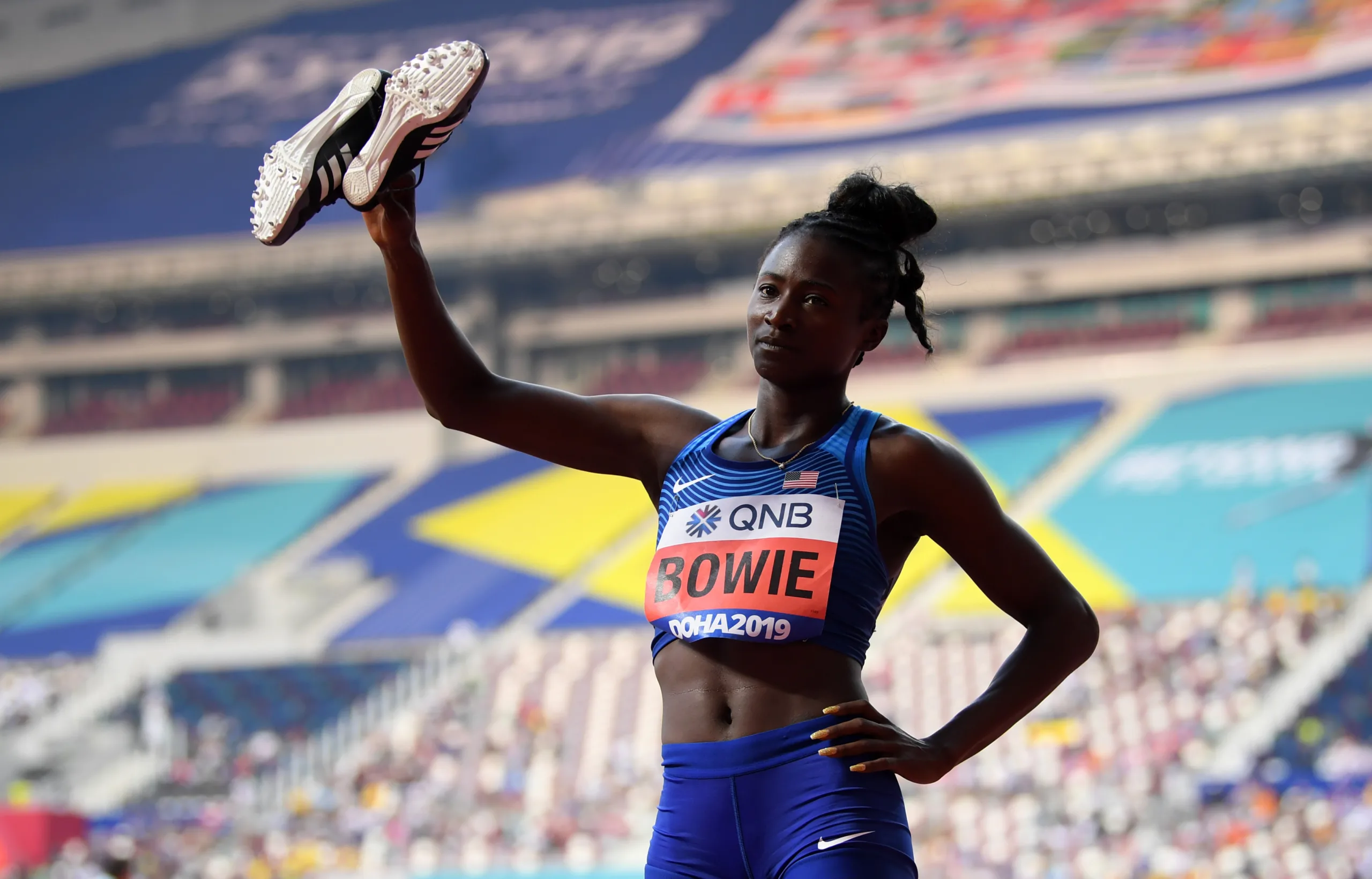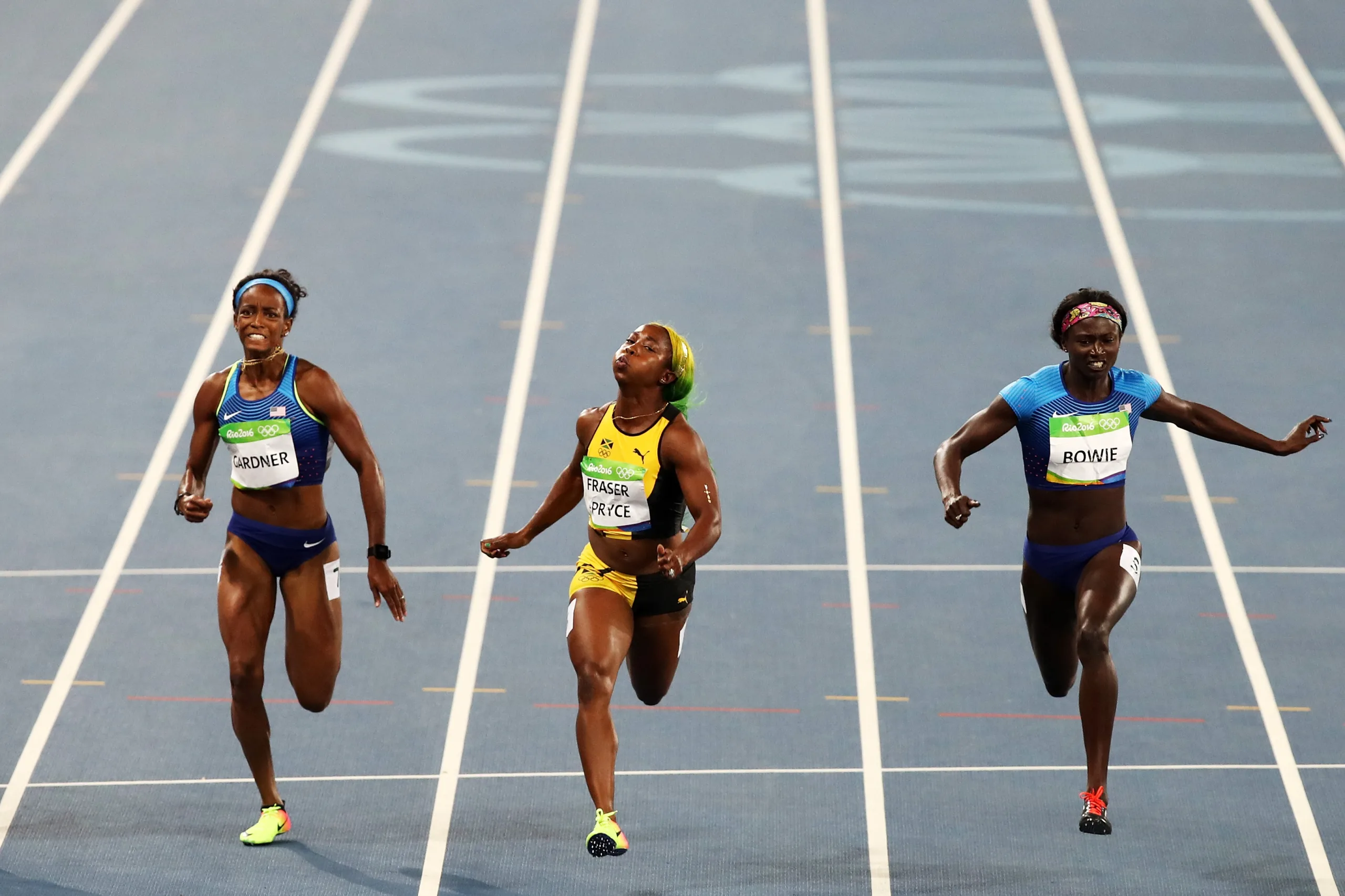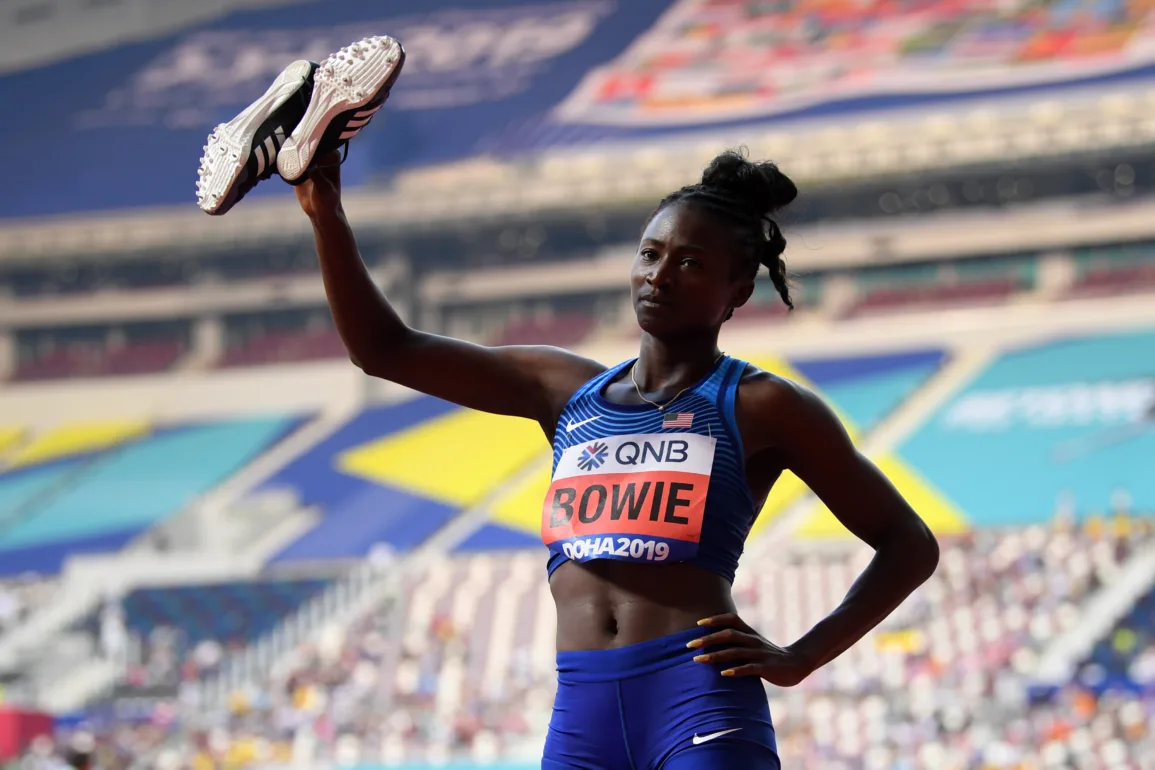I was no older than 7 years old when I discovered the lady I was calling “mom” was in fact my stepmom. It was not some big, bad secret, but how do you tell a young child their mother died while giving birth to them? The guilt they would feel. The guilt I would feel. The guilt I still feel.
Already a proud mom of two, my mother walked into the hospital in severe pain, disheveled and desperate. Slowly the pre was dropping from preeclampsia and turning into eclampsia. As the nurses scrambled to get her into triage, the doctor on call dismissed her pain and ignored my father’s pleas. The neglect is obvious to the nurses but by the time they were able to get the doctor to listen, it was too late. As my mother’s organs began to fail and seizures began, my father was now faced with an impossible decision: Save me or save my mother.
Now almost 30 years later, I am seeing story after story that is similar to mine. Black woman is pregnant. Black woman goes to the hospital. Black woman experiences complications. Black woman almost dies. Black woman dies. Black baby dies. Wash, rinse, repeat.
This unending, exhausting cycle moves across economic status. But most surprisingly, the cycle cannot even be stopped for Black women who are world-class athletes in exquisite physical shape.
Unfortunately, 2016 Olympic silver medalist Tori Bowie, one of the fastest women in the world, became victim to that very cycle.

Matthias Hangst/Getty Images for IAAF
When the news of Bowie’s cause of death from complications from childbirth was officially released, the heartbreak was palpable for Black women everywhere. She was in such great shape. She had access to resources that the average person doesn’t. People asked, “how?” as if tennis legend Serena Williams’ account of how she nearly died from a pulmonary embolism during childbirth was not an example how none of that matters.
According to Tina Sacks, assistant professor of social work at the University of California, Berkeley, Black women who are middle class and higher have worse health outcomes compared to white women of lower socioeconomic status. When I first read this a few years ago, I was shocked. Shouldn’t they have better health outcomes because they can afford better health care? Shouldn’t their health outcomes be more positive because they have access to other resources that are integral to good health: reliable transportation, higher-paying jobs, access to grocery stores, higher health literacy, and so much more?
The constant refrain of shouldn’t they rang in my ears. However, after conducting my own research combined with thinking about my experiences, I realized it made sense.
Bowie’s death possibly was caused by eclampsia – seizures that occur during childbirth. Although this condition is treatable, you have to receive immediate medical care. It was released that Bowie died alone in her apartment.
Although we may never know if her doctor talked to her about preeclampsia, eclampsia and what it does to the body, it is safe to assume – based on research, my personal experiences, and the narratives of others – that even if the doctor mentioned this term or the risks, it was downplayed as just something Black women should expect during their pregnancy.
According to the Preeclampsia Foundation, Black women are 60% more likely to suffer from preeclampsia than their white counterparts. If this is what the statistics say, then presumably it is easy for physicians to pathologize the Black pregnant body to be synonymous with preeclampsia. We will never know for sure, but we do know there is a pattern.
The scope of that pattern was further highlighted when Tianna Madison, Bowie’s teammate, posted on her social media that three out of four of the U.S. 4×100 meter relay team of the 2016 Olympics nearly died or died (Bowie) during childbirth. Then I think back to Williams fighting for her life during childbirth a few years ago because the doctor did not listen to her when she told them she had a history of blood clots. I think about all of the gold medals between these women – and many other Black women – and how even those medals could not save them from this cycle. These elite Black female athletes’ stories are just a microcosm of what goes on across the country.
Allyson Felix, who is the only female track and field athlete to win six Olympic gold medals and is another teammate of Bowie and Madison’s, disclosed that she was diagnosed with preeclampsia at 32 weeks pregnant and was immediately admitted to the hospital with an emergency cesarean section scheduled. Before her pregnancy, Felix had a well mapped-out birth plan. However, she would have never been prepared for something like severe preeclampsia.
Black women are not always told about the severity of potential risks. They often find themselves consulting with their friends and family members who are also mothers. To think that Felix, who is tied with Merlene Ottey as the most decorated track and field Olympian in history, was not made fully aware of preeclampsia and its risks early in her pregnancy is further evidence of the cycle of obstetric violence and neglect.

Cameron Spencer/Getty Images
When I read Madison’s social media post about her and her teammates’ struggles, it made me realize that I could immediately think of at least 10 of my friends who had complicated, risky or nearly fatal pregnancies. I thought about my best friend who struggled with high blood pressure during her pregnancy, praying that she never crossed the threshold into preeclampsia. I thought about the participant from my study who went into preterm labor for two pregnancies, resulting in the deaths of both children. I thought about the Black women that I don’t even know who had to give birth alone during the height of the pandemic. I thought. I thought. I thought …
I thought about all of the times I sat in the emergency room reeling from debilitating pain with no doctor believing me. If Williams was not believed, even when she knew her medical history, what hope did I or anyone have? That is not to say that these women are the standard, but it is to point out that neither medals, access nor money can protect you from the stressors of racism and prejudice.
The higher negative health outcomes for middle-class Black women is believed to be so because of the covert racism that these women face. They are operating in places that are hostile and were never made for them. Even the media perpetuates negative stereotypes of Black female athletes (for example, sprinter Sha’Carri Richardson, LSU forward Angel Reese, gymnast Simone Biles). All of these interactions begin to weigh on a person and cause them extreme fatigue.
It is impossible for me to enter hospitals or doctors’ offices without thinking about how the medical treatment I am receiving was first tested on enslaved Black women’s bodies, and all the work I will have to do to navigate my appointment without being viewed as an aggressive Black woman.
Madison declared on Instagram that “We deserve to live” and she is correct, but, how do we solve this lack of adequate treatment facing Black women’s reproductive and maternal health?
Although the crisis of Black mothers is what initially brings attention to Black women, Jennifer C. Nash, Distinguished Professor of Gender, Sexuality, and Feminist Studies at Duke University, says that only viewing Black mothers in crisis creates a distorted portrait of Black mothers that places the blame on disparate maternal health outcomes instead of the system.
To answer the demand of “We deserve to live,” society must disconnect Black women from their heroism and Black girl magic. This is especially true when we are discussing Black maternity in the context of elite athletes. The rhetoric and propping up of Black women as symbols of grit and perseverance create deadly consequences because this symbolism often negates complex needs. Society must treat us as human beings. Returning the humanity to Black birthing bodies allows us to view the Black maternal crisis as a systemic issue.
Addressing the issue as systemic also allows for the ability to create tangible plans, changes and calls to action. Approaching these disparate health outcomes systematically provides us with a clear answer to the call of “We deserve to live,” because Black women are no longer only viewed as these magical and mythical and strong creatures, but instead are just women who deserve to receive the proper care that is given to their white counterparts.



